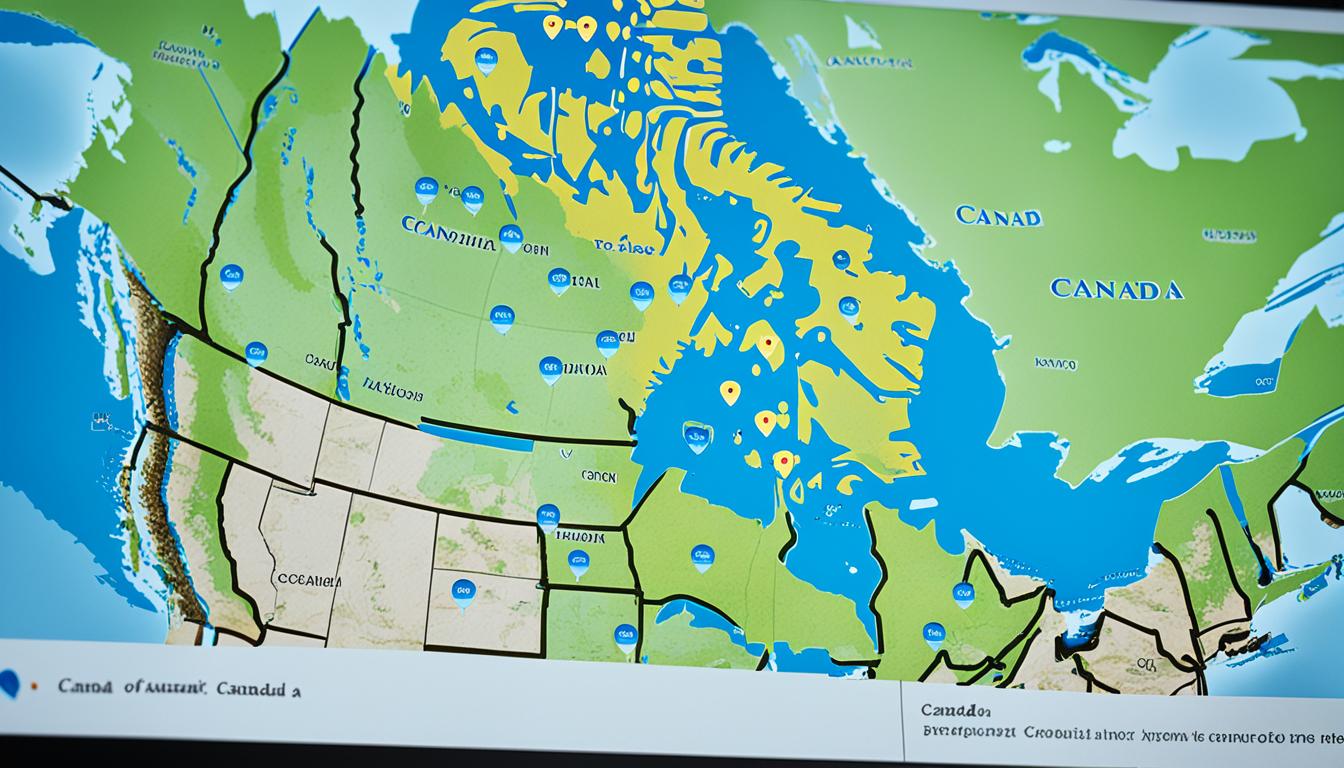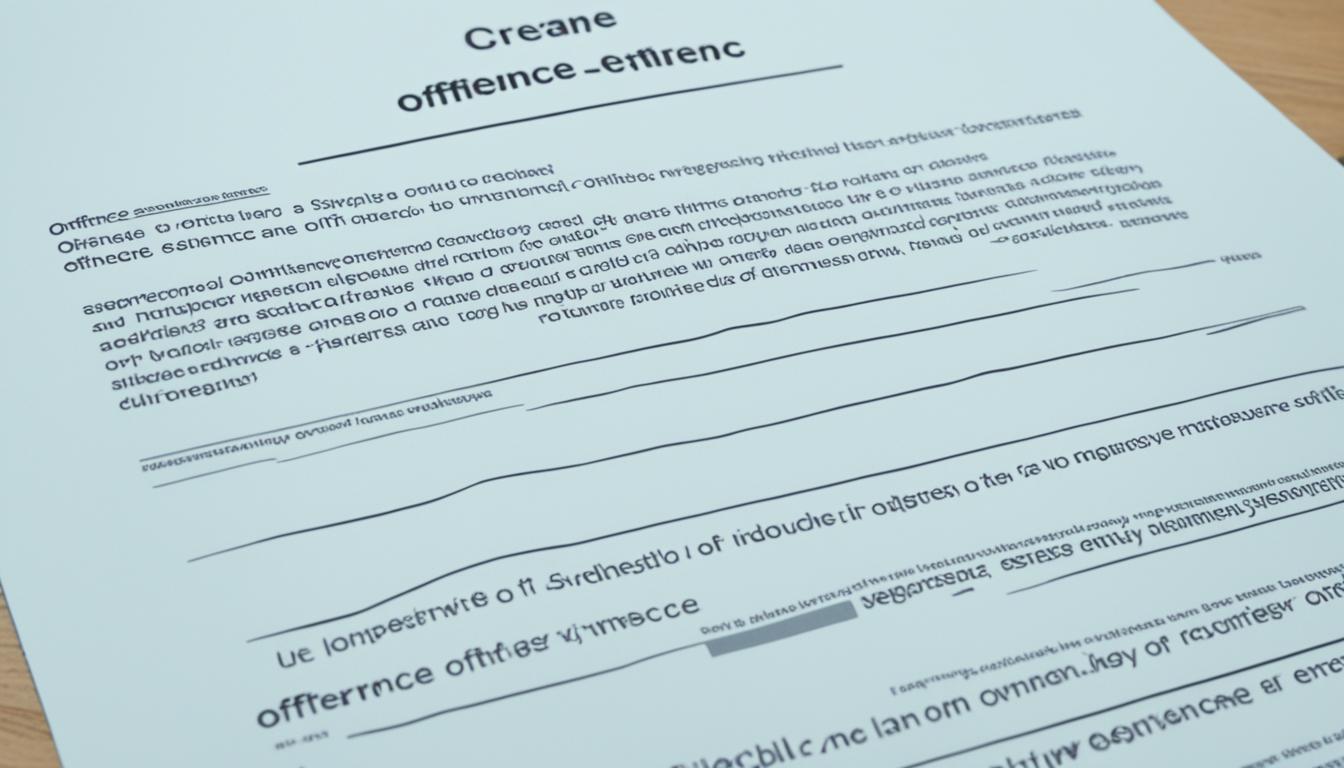Domestic Assault in Canada: Legal Insights and Support for Law Enforcement Veterans
Introduction
Domestic assault is a complex and pressing issue in Canadian society. With increasing public awareness and evolving legal standards, understanding the implications of domestic violence has never been more critical — not only for victims and their families but also for legal professionals and the broader community. For those facing charges or affected by such allegations, finding a knowledgeable domestic violence lawyer can make a substantial difference in navigating the legal system.
Domestic assault cases are particularly sensitive, as they often involve nuanced interpersonal dynamics and carry serious legal, social, and psychological consequences. This article will explore how domestic assault is defined under Canadian law, the legal process involved, rights of the accused and the victim, and the broader societal supports available.
What Is Considered Domestic Assault in Canada?
In Canadian law, domestic assault refers to any form of assault that occurs between individuals in an intimate relationship. This includes current or former spouses, common-law partners, dating partners, or family members living in the same household. The Criminal Code of Canada does not have a separate offense labeled “domestic assault,” but these cases are treated with particular scrutiny by the courts due to their personal and often recurring nature.
Types of assault that can fall under domestic assault include:
- Physical violence (hitting, pushing, slapping)
- Sexual assault
- Verbal threats or harassment
- Psychological or emotional abuse
- Coercive control — a pattern of controlling behavior that can include financial abuse, isolation, and intimidation
Legal Process Following a Domestic Assault Charge
When a domestic assault is reported in Canada, police are generally required to lay charges if they believe an assault has occurred — regardless of the victim’s wishes. This zero-tolerance policy reflects the seriousness with which these cases are handled.
Arrest and Bail Conditions
Following the arrest, the accused may be held in custody and later brought before a judge or justice of the peace. Bail conditions often include:
- No contact with the complainant
- Prohibition from returning to the family residence
- Mandated counseling or treatment programs
Violating these conditions can lead to further criminal charges.
Court Proceedings
Domestic assault charges are prosecuted by the Crown, and the victim is not required to “press charges” or decide whether the case proceeds. These cases may be handled summarily or by indictment, depending on the severity of the assault.
The court process typically involves:
- First Appearance
- Disclosure of Evidence
- Pre-trial Meetings
- Trial or Resolution (plea deal, diversion programs)
- Sentencing (if found guilty)
Penalties for Domestic Assault in Canada
Sentencing for domestic assault varies depending on factors like the severity of the incident, the accused’s criminal record, and whether children were involved. Penalties can include:
- Fines
- Probation
- Mandatory counseling
- Imprisonment (up to 5 years for summary offenses, more for indictable)
Repeat offenses and assaults involving weapons or bodily harm typically result in harsher sentences.
Rights of the Accused
Even when charged with a serious offense like domestic assault, the accused has constitutional rights:
- Right to remain silent
- Right to a lawyer
- Right to a fair trial
- Presumption of innocence until proven guilty
Having legal representation is essential, as missteps early in the process can have long-term consequences.
Support Systems for Victims
Victims of domestic assault in Canada can access a range of support services:
Shelters and Housing Support
Organizations across Canada provide safe shelters and emergency housing for victims fleeing abusive situations. These services often include food, security, and support staff available 24/7.
Victim Services Programs
These programs, often run in conjunction with police services, offer:
- Court preparation and accompaniment
- Crisis counseling
- Referrals to other community resources
Financial Assistance
In provinces like Ontario and British Columbia, financial assistance programs are available to help victims relocate or access counseling.
Diversion Programs and Alternative Measures
In some cases, first-time offenders may be eligible for diversion programs or alternative measures that avoid a criminal record. These might include:
- Counseling or anger management programs
- Apology letters
- Community service
The goal is to address the root causes of the behavior while preventing future offenses. However, entry into such programs typically requires Crown consent and legal representation.
The Role of Law Enforcement and the RCMP
In many jurisdictions, the Royal Canadian Mounted Police (RCMP) are responsible for responding to domestic violence calls. Their approach emphasizes victim safety and accountability for offenders. RCMP officers receive specialized training in:
- Crisis intervention
- Risk assessment
- Evidence collection in domestic assault cases
Their involvement is especially significant in rural and Indigenous communities, where access to other resources may be limited.
Prevention and Public Education
Preventing domestic violence requires a multi-pronged approach:
- Education in schools about healthy relationships
- Public awareness campaigns
- Training for professionals (teachers, doctors, social workers)
Efforts like Ontario’s Neighbours, Friends and Families campaign aim to empower bystanders and reduce stigma.
Indigenous Communities and Domestic Violence
Domestic violence rates are disproportionately high in many Indigenous communities, driven by factors such as intergenerational trauma, poverty, and systemic inequality. Addressing these cases requires culturally sensitive approaches, including:
- Indigenous-led counseling programs
- Restorative justice models
- Collaboration with Elders and community leaders
Conclusion
Domestic assault is a deeply challenging issue that affects individuals, families, and communities across Canada. Legal responses are designed not only to protect victims but also to offer rehabilitation for offenders when appropriate. Whether you are facing charges, supporting a loved one, or working in a related field, understanding the legal landscape is crucial. Accessing the right legal and social supports can change outcomes — and lives.




















Post Comment